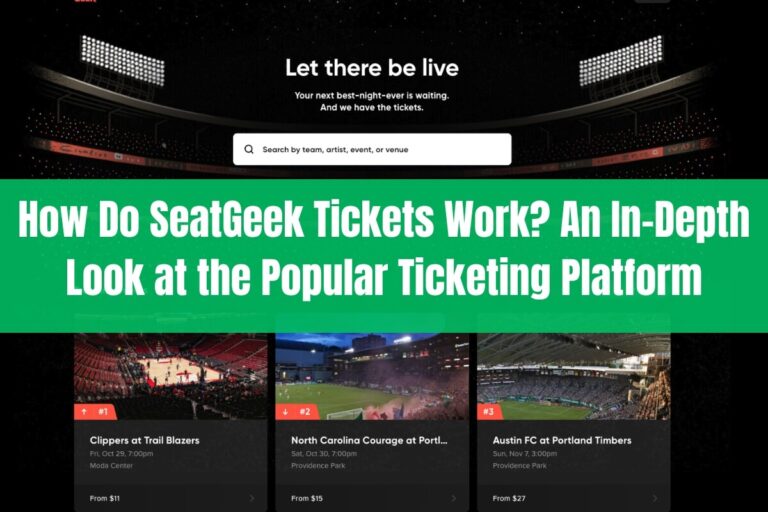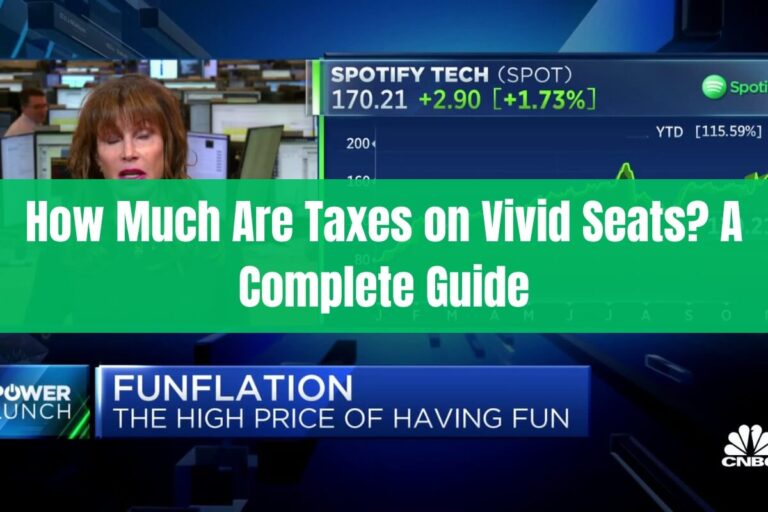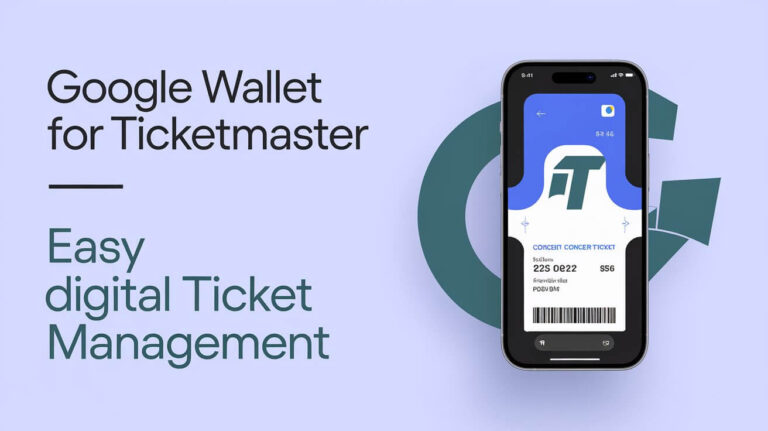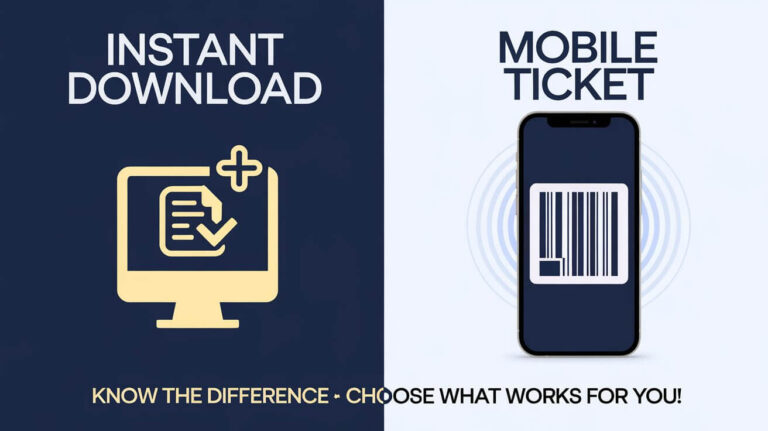
Have you heard that your local radio station is running an exciting contest promotion where you can win free tickets for an upcoming theater play? If not, tune in and listen up! They are giving away coveted tickets for seats that cost either $10 or $20 each. The total value of all tickets given away will be no more than $280.
So how can you get your hands on these free tickets?
Read on to learn all about the details of this radio station ticket giveaway and how you might be able to score seats to the play for free! This article outlines everything you need to know, from the contest rules and restrictions, to strategies for how to boost your chances of winning.
We’ll also explore some related questions that may come up about the giveaway and how mathematics and inequalities can help represent the problem. Let’s dive in!
What Details Are Known About the Radio Contest for Play Tickets?
First, let’s outline the key details that the radio station has revealed about this play ticket giveaway:
- Tickets are for seats costing either $10 or $20 each
- They plan to give away at least 20 tickets total
- The total cost for all tickets given away will be no more than $280
These details set some clear parameters around the promotion. There is flexibility in how many $10 vs. $20 tickets they give away, but the total number and value is restricted.
Understanding these rules right away can help you think through your strategy for trying to win.
How Many Total Tickets Can Be Given Away in This Radio Promotion?
Based on the details provided, we know there must be at least 20 tickets given away total.
But can we calculate the maximum number that could potentially be awarded?
If all the tickets were valued at $10 each, then the radio station could give away up to 28 tickets ($10 x 28 tickets = $280). However, since they also are giving away $20 tickets, the total number distributed could be less than 28.
The key is that with a maximum total cost of $280 set out in the contest rules, basic math tells us there’s a limit but some flexibility on the actual number depending on the ticket prices.
What is the Maximum Total Cost Allowed for the Giveaway Play Tickets?
We know from the initial details that the total cost of all tickets being given away cannot exceed $280.
Why might the radio station set this kind of restriction?
Most likely they have a set promotional budget allowed for this contest giveaway. By capping the total value at a fixed dollar amount ($280), they can control costs and keep the giveaway affordable based on their budget.
So if you’re trying to estimate your chances of winning or thinking about potential number combinations, keep in mind only options that add up to $280 or less are truly possible under the rules.
How Can an Inequality System Help Represent the Ticket Restrictions?
The details around number of tickets and total ticket value can also be represented using inequalities:
Let:
- x = number of $10 tickets
- y = number of $20 tickets
Then the restrictions can be written as:
- x + y ≥ 20 (at least 20 total tickets)
- 10x + 20y ≤ 280 (total value ≤ $280)
Setting up the problem with inequalities allows us to better visualize the key limitations in place for this radio station promotion giveaway. It also makes it easier to systematically evaluate possible ticket combination solutions.
What Graph Could Show the Possible Ticket Combinations?
Using the inequality equations outlined above, we can draw a graph that visually shows all the possible ticket combinations that satisfy the radio station’s rules.
The x-axis would represent the number of $10 tickets, while the y-axis maps out the number of $20 tickets. Any points that fall within the shaded area of the graph represent permissible pairs of ticket counts.
For example, points like (12, 8) or (15, 5) fall within the feasible region, matching up with the stated guidelines:
(12 $10 tickets) + (8 $20 tickets) = 20+ tickets in total
and 12$10 + 8$20 = $120 + $160 = $280 in total value
Having this visual representation makes it easy to reason about the giveaway parameters and think through your strategy if trying to win.
How Do You Write Two Possible Ways to Give Away the Tickets?
To get our creative wheels turning, let’s brainstorm two concrete possibilities for how the radio station could give away the play tickets while abiding by all rules:
- Option 1:
- 12 tickets valued at $10 each
- 8 tickets valued at $20 each
- Total tickets = 12 + 8 = 20
- Total value = (12 * $10) + (8 * $20) = $120 + $160 = $280
- Option 2:
- 15 tickets valued at $10 each
- 5 tickets valued at $20 each
- Total tickets = 15 + 5 = 20
- Total value = (15 * $10) + (5 * $20) = $150 + $100 = $250
Both scenarios show valid ways to distribute the tickets, meeting the guidelines set out for the radio station promotion. Getting creative with a few concrete allocation examples can actually help crystallize if you fully understand the giveaway’s parameters.
And who knows – maybe exploring the possibilities will inspire you with an edge when devising your strategy to win!
Why Would a Radio Station Run This Kind of Ticket Giveaway?
Step back for a minute and consider why a local radio station might be running a ticket giveaway contest promotion like this in the first place. What’s in it for them?
At a high-level, contests help radio stations:
- Engage listeners – By having exciting prizes and reasons to tune in, loyal listenership grows
- Promote shows/events – Local concerts, plays, events benefit from wider exposure
- Sell advertising – With larger audiences, radio can sell more high-value ad spots
Specifically for this play ticket contest, the station likely aims to:
- Increase listeners during giveaway period
- Promote awareness for theater performance
- Potentially cross-promote with play producers or sponsors
So while you’re eager to score free tickets, remember the radio station is ultimately trying to advance their own goals for ratings, engagement, and promotion – the giveaway is a means to that end.
What Steps Should You Take to Try to Win the Coveted Play Tickets?
You’ve now got all the background on the radio station’s play ticket giveaway. But what should you actually DO to try winning a pair of those coveted free tickets?
Follow these tips to boost your odds:
- Listen frequently during the contest period for giveaway cues
- Call promptly when they announce it’s time to play
- Have the station’s phone number on quick dial
- Try calling on multiple devices simultaneously to improve likelihood of getting through
- Know ahead if there will be any secondary games or questions asked of callers
- Sound energetic if you get on air – enthusiasm helps!
- Don’t get discouraged if you don’t win at first, keep trying!
The key is being ready to act decisively when an opportunity to play presents itself. With persistence and a little luck, you may score that coveted prize!
What Other Questions Might Come Up Regarding This Radio Contest?
Now that you understand the core details of how this radio ticket giveaway will work, you may think of other related questions:
- How are winners selected from among callers?
- Can someone win more than once?
- How soon must prizes be claimed?
- Are there limits on who can enter or win?
- What happens if a winner is disqualified?
It’s smart to have clarity on official contest administration rules, terms and conditions before entering. Check the radio station’s website, social media, or contact them to get specifics on those additional details.
The more informed you are as a contestant, the smoother your entry experience will be!
How Can Math and Inequalities Help Solve This Ticket Giveaway Problem?
While your primary interest is probably just getting those free play tickets, this radio promotion provide a fun opportunity to sharpen your math skills.
Concepts like:
- Number relationships
- Inequality systems
- Constraint reasoning
- Value maximization
All come into play when evaluating the different ways tickets could be awarded within the rules.
And graphical approaches help visualize ticket quantity combinations that add up both the minimum number threshold and maximum dollar value limit.
So if you’re a math geek at heart alongside being a theater fan, exploring the equations and graphs tied to this contest giveaway can satisfyingly blend analytical challenge with your drive to score amazing free tickets!
Final Thoughts
A local radio station running a promotional contest to give away free tickets for an exciting theater play performance provides a fun chance to wintickets while also learning about math modeling approaches.
As outlined in this article, you now understand key parameters of the giveaway, strategies to boost your odds, as well as some broader context on why radio stations leverage these kind of promotions and how math applies.
So tune into the radio, take your best shot at scoring free tickets, and analyze the giveaway incentives – you might end up with both an entertaining night out on the town and new inferential thinking skills!
The next time you hear about a radio call-in contest awarding coveted prizes, don’t let the opportunity pass you by. Use the knowledge gained here about promotional budget limitations, two phone dialing, sounding energetic on-air, inequality representations, prize value maximization and more to give yourself an advantage.
With a bit of luck and the right approach, you may end up winning those free play tickets or other radio call-in prizes!






